In the face of a global pandemic, our health care systems have put policies into place to protect many people. The patients, front-line doctors and nurses, and families experience newly imposed standards to limit COVID-19 exposure. Across the media, we’ve heard stories focused on the need for PPE, personal protective equipment. The need to arm those who need it most with the vital barriers required to limit the reach of an infectious virus. And that is where Kaya Suner, a New Hampton School graduate from the class of 2019, first began—seeking ways to provide PPE such as masks to healthcare workers on the frontlines.
As the son of two emergency room doctors, it was natural to want to try to help in some way. Suner shares, “Hospitals nationwide have banned visitation. This means dying patients don’t have the ability to say goodbye to their loved ones. That’s where we come in.” A conversation with his parents redirected the drive for masks to technology, supplying devices to provide critical contact between family members separated under dire circumstances. What began as a small effort to serve his community, quickly evolved into a larger partnership with individuals and organizations, ultimately leading Suner to found his own non-profit known as COVID Connectors.
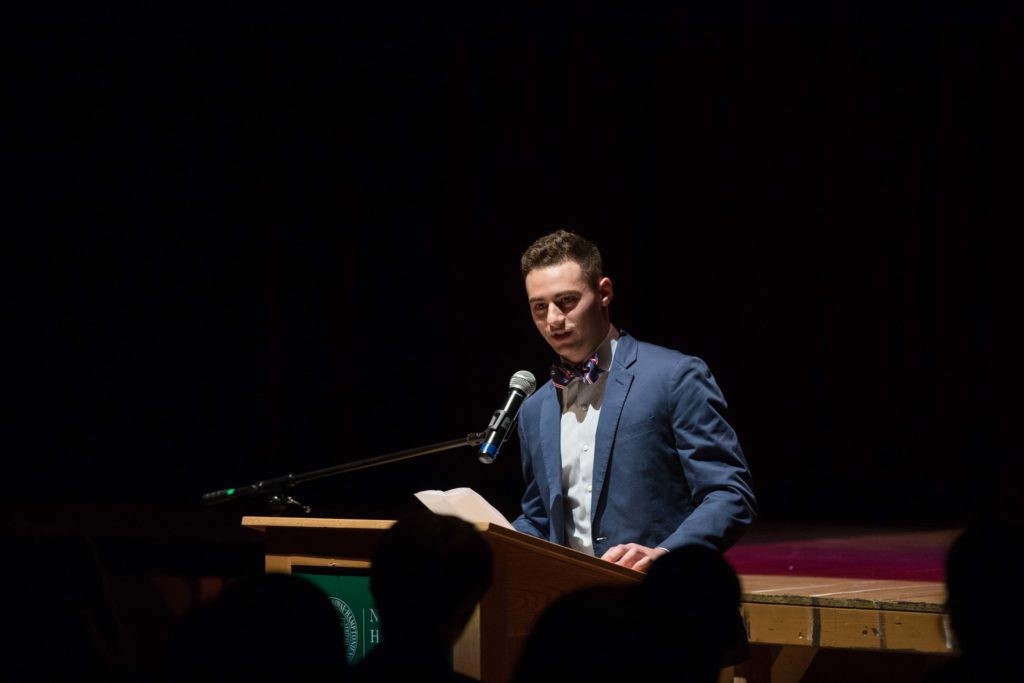
Building momentum
Creating a non-profit under the best of times can be a challenge. To get a non-profit off the ground in current conditions required quick thinking and persistent action. The idea was a simple answer to a significant problem—providing iPads and iPhones to patients without access to smart devices. The execution, however, would require many steps. “There was a lot to figure out in terms of how to get these devices wiped correctly, cleaned to hospital standards, configured with the hospitals’ software, video chat app installation, and setup. When it was just me running this idea, it would have been nearly impossible to do it all.” Suner soon connected with a family friend that connected him to the Rhode Island Medical Society.
While getting the medical society on board for the project took time, the rewards for the fledgling non-profit were on the horizon. Suner reached out to fellow New Hampton School classmate Christopher Fridlington ’19, who he’d been friends with since freshman year. Fridlington, with his strong background in coding, design, and website architecture, worked in close connection with Suner and their contact at the RI Medical Society to bring COVID Connectors to life online.
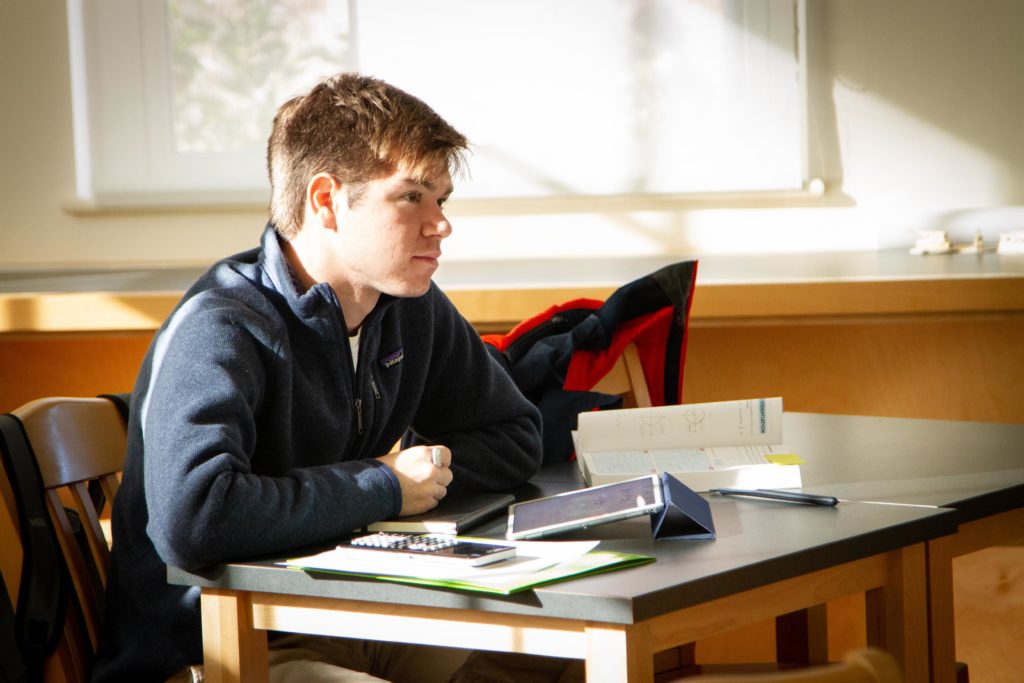
Systems and support
With the knowledge that there were patients in immediate need, the collaboration to stage the website would be crucial to their exposure and success. Fridlington shares, “We needed to act quickly to fulfill the urgent need of patients. This meant we were often solving problems as they were occurring. An additional challenge was coordinating the various logistical details between myself, Rory Merritt (a professor at Brown who was heading up the logistics effort), Kaya, and the Rhode Island Medical Society. I quickly discovered that in order to create an efficient website that I would need to understand each facet of the project, which led me to collaborate with Rory on the logistics of device collection and processing.”
Describing the collaboration as intimidating at first, the group was able to quickly acclimate to the fast pace and ongoing refinements. Changes in logistics meant changes to the website, repeatedly affecting the content and bringing it closer to the final form. All said, the site was designed, built, and launched in just under 36 hours. “As you can imagine, this was quite a technical challenge. But knowing that my efforts could positively impact someone else’s life drove me.”
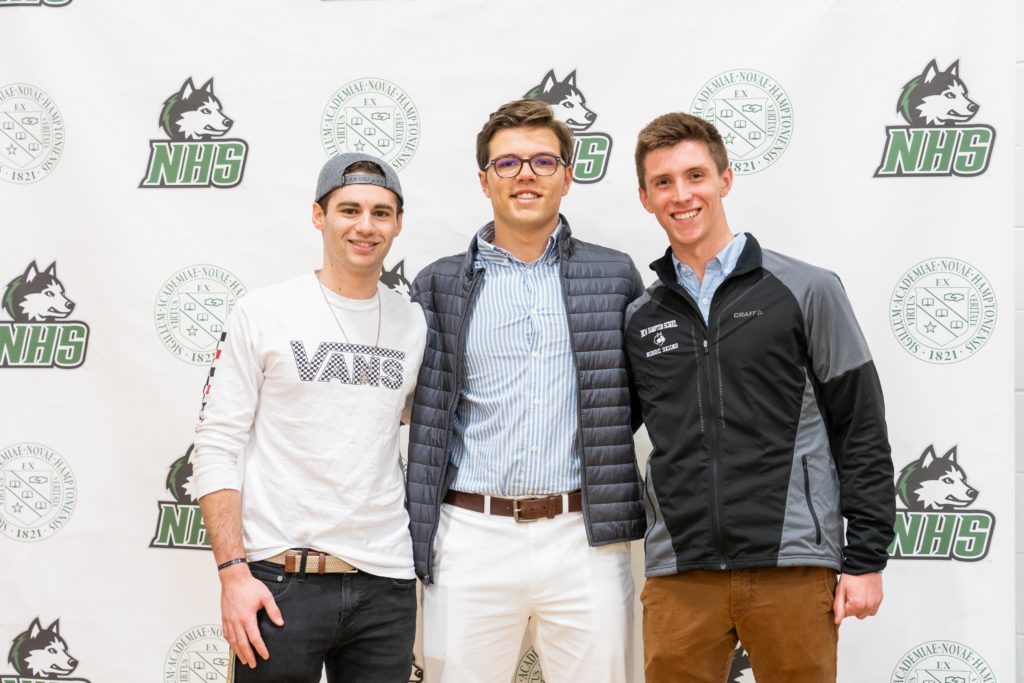
Recognizing Outcomes
Fridlington and Suner are both reflective of this experience. Now just over a week into this creation, they are mindful of the power of the impact this will have on families separated by contagion, as well as the hospital networks helping to implement the devices. Fridlington shares, “Our efforts though, pale in comparison to the doctors and nurses working with the Rhode Island Medical Society to deploy these devices to patients in need. This is all in addition to working their normal shifts at the hospitals. They are the real heroes, and they must receive an immense amount of credit for their role. It is a great feeling to know that you helped make a difference in someone’s life.”
Suner continues as a driving force, grateful for the opportunity to bring this idea forward. And also focused on the momentum that will ensure success through the peak of the pandemic and beyond. Since the launch, Suner is proud to share that COVID Connectors has been embraced by the community. It is already witnessing positive outcomes. Each device from each donor goes toward completing their non-profit’s mission. After one day, they had over 50 device donations and two on-air interviews. Additionally, the Governor of Rhode Island spoke about their efforts in a press briefing. These positive outcomes are the direct result of collaboration, mission commitment, and acting locally.
The impact will provide relief and critical contact for families separated from their loved ones. Suner received news just yesterday that the organization is receiving a major gift donation from Amazon. They pledged a donation of 540 devices toward the cause. “I have heard stories from the hospital about how this is already working. And, honestly, it feels amazing to have the opportunity to see it impact lives.”
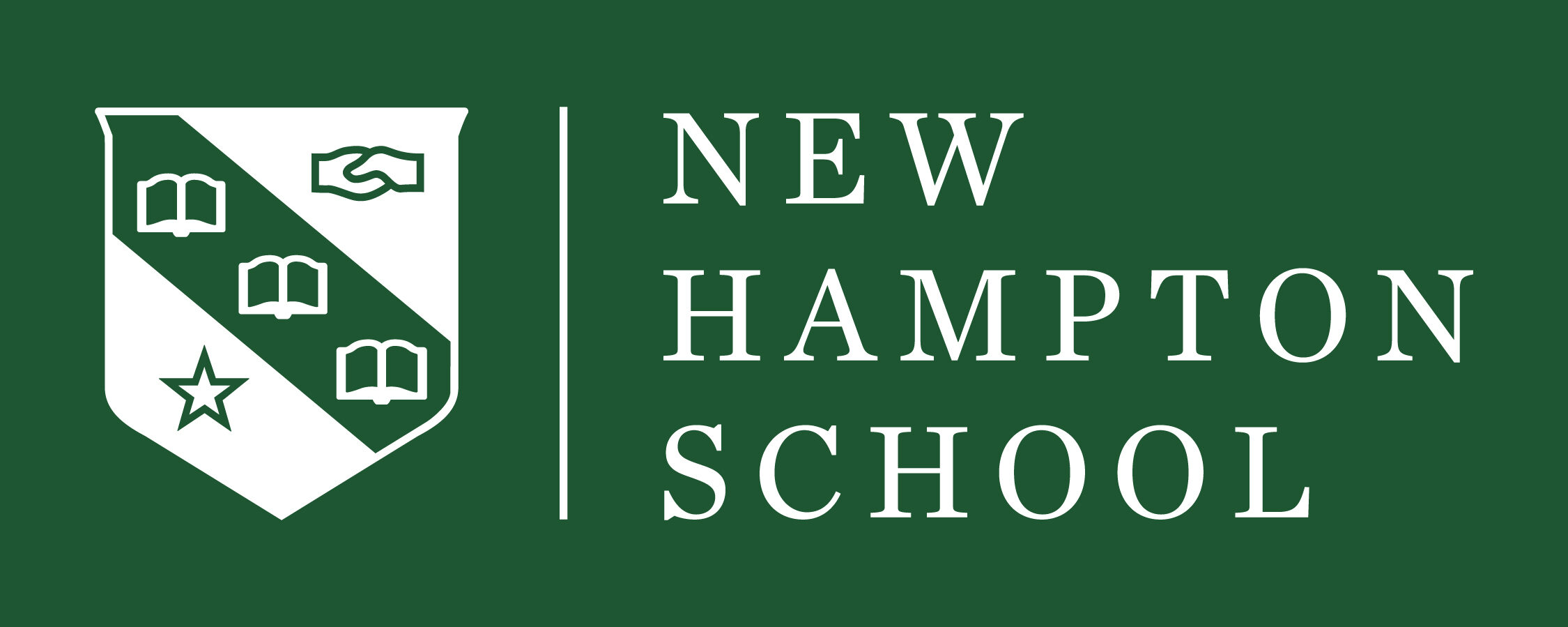

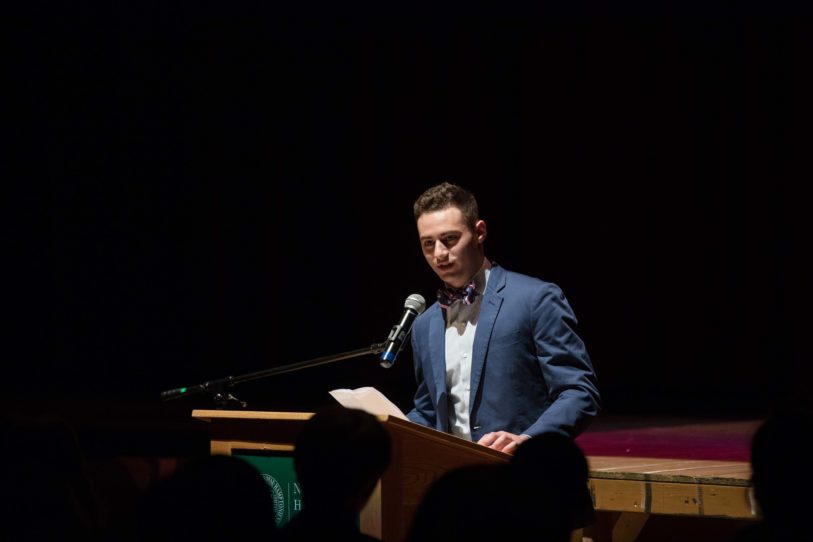


Wonderful job. Conratulatşons Kaya????